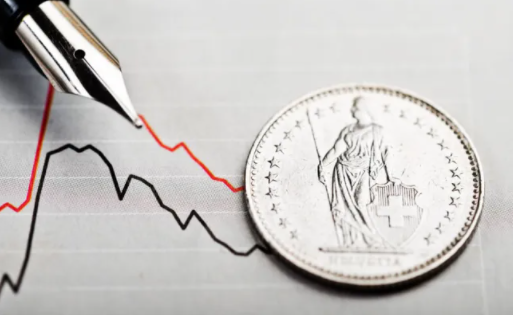Normally, those who borrow must pay out more money than they are lent in the form of interest and repayments. Currently, for the Swiss government it is the other way around. Lenders are paying the Swiss federal government to give it money.
On 14 July 2021, the Swiss Confederation announced the success of its latest issue of government bonds. The government recently issued bonds with a face value of CHF 934 million in return for CHF 1,078 million, netting more than it will pay out in interest and repay at bond maturity. The recently issued bonds mature in 5 to 34 years with yields ranging from -0.056% to -0.629%.
Switzerland is one of a small number of nations able to raise money for a 10-year time span at negative cost. Germany, Switzerland, Netherlands, Slovakia, Finland, Austria, Denmark, Slovenia, Belgium and France are the only other countries able to pull this off. Switzerland, with a 10 year yield of -0.334%, and Germany (-0.347%) stand out as the two nations with the highest discounts. France, with a 10-year government bond yield of -0.012%, is only just in the club.
So why can Switzerland make money borrowing?
Investors typically accept negative-yielding bonds when seeking safe haven assets, and Switzerland and the Swiss franc are considered the safest.
In addition, Switzerland is a member of another exclusive club. Its central bank is one of only three charging negative interest rates. The Swiss National Bank is currently charging interest of -0.75%. The other two central banks doing this are in Japan’s (-0.10%) and Denmark’s (-0.50%).
Full story here Are you the author? Previous post See more for Next postTags: Featured,newsletter
































